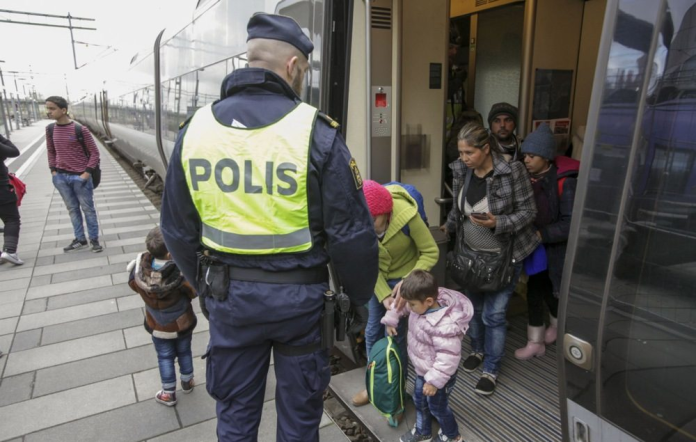The Swedish government unveiled plans to impose stricter residency requirements for non-EU migrants seeking social welfare benefits, according to Euractiv.
Under the proposed rules, third-country nationals would need five years of continuous legal residence before qualifying for benefits including child allowance, sick pay, and parental leave. Social Insurance Minister Anna Tenje framed the measures as promoting self-sufficiency.
We are not a society without demands.
The policy explicitly ties welfare access to employment history and tax contributions, though emergency provisions remain for acute situations and higher-income earners may qualify earlier.
Refugees and those granted protected status are exempt from the new requirements due to EU non-discrimination laws. The government estimates the changes could reduce annual immigration by 5-10%—approximately 1,200-1,300 people—when implemented in January 2027.
The proposal reflects Sweden’s broader recalibration of its traditionally open immigration system following record asylum applications in 2015-2016. It comes as the Nordic nation seeks to balance integration pressures with labour market needs, particularly in sectors facing worker shortages.
